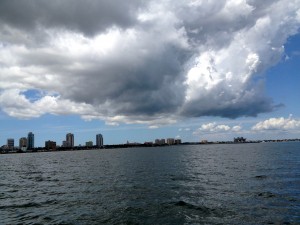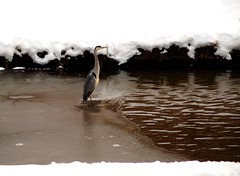
Here’s what we’re covering in this session and the next:
Tonight (Rewriting, Revising, and Polishing)
- The difference between rewriting, revising, and polishing
- Rewriting – ways to do it
- Revising – things to look for
- Polishing
- Working at the sentence level
- Placement of sentences
- Breaking up paragraphs
- Titles
- Quoting song lyrics
- Collaboration
Next Week (Publishing & Career Stuff)
- Markets: researching them, submitting to them, querying them, foreign markets, reprints, audio.
- Submissions: how to, tracking them, etiquette, types (flash to novel)
- Agents: researching and querying them
- Conventions: why go, what to do to make the most of them, top cons
- Workshops: why do (or not), how to make the most of them, top ones
- Blogging & websites: why, BRIEF discussion of mechanics
- Publications to follow
- Networking
- SFWA and other professional organizations
- Writing groups
- Resources
- Keeping yourself motivated
So here’s my question. I’ll be glancing back at this list when thinking about future blog posts and drawing from it as well as from what I’m experiencing in my own writing. What would -you- like to see?






3 Responses
What would I have given for a class like this in college. I had to spend the following decade learning all this stuff on my own. There’s just so much! I feel like I’m still learning the basics in some of these areas.
What would I like to see?
-Agents: Are They Really Necessary? Why or Why Not?
-Networking: The Best Free Avenues to Network and Advertise One’s Writing (I suppose Facebook and Twitter are a given, but there must be others that don’t sap all one’s writing time)
Anyway, thanks!
Networking fits in well because I teach my blogging class, which talks about a lot of that, the next two Saturdays.
Agents – I can say some stuff, and I’ve got one, sure, but I’ve yet to sell a book through her, so I may not be the best qualified to talk about that, heh. I’ll see what I can do. 😉
That class sounds amazing! Lucky students 🙂
I’d definitely love to hear your thoughts on networking and querying, as well as working at the sentence level and ways to revise/rewrite.